Discover the essentials of partnership agreements with this ultimate guide. Learn about key elements, legal implications, and strategies to protect your business interests and foster growth.
Establishing a partnership agreement is a crucial step for any business partnership. These agreements outline the responsibilities, rights, and expectations between partners, helping to prevent disputes and support long-term growth.
With the right partnership agreement, you ensure that each partner’s interests are protected while aligning your business goals.

Key Elements Every Partnership Agreement Should Include
A solid partnership agreement should address several fundamental elements:
- Ownership and Investment: Specify each partner’s share in the business.
- Roles and Responsibilities: Outline each partner’s duties to ensure accountability.
- Decision-Making Process: Define how decisions will be made and who has authority.
- Profit and Loss Distribution: Clarify how profits and losses will be allocated.
- Exit Strategy: Include steps for a partner’s exit to avoid future conflicts.
Adding these key elements can safeguard your business’s stability and growth by providing clear guidelines. For additional support on drafting detailed partnership agreements, consider consulting YCCTAX’s consulting services.
Types of Partnerships and Their Legal Implications
There are various types of partnerships, each with unique legal structures:
- General Partnership: All partners share responsibilities and liabilities equally.
- Limited Partnership (LP): Includes both general and limited partners, with limited partners having restricted liability.
- Limited Liability Partnership (LLP): Provides liability protection for all partners, commonly used by professional firms.
Choosing the right partnership type is essential for protecting assets and ensuring compliance with regulations. YCCTAX’s consulting services can guide you through the legal aspects of each partnership structure.

Partnership Agreements: Protecting Interests and Preventing Disputes
A well-drafted partnership agreement is essential for protecting each partner’s interests and avoiding disputes. Important strategies include:
- Conflict Resolution Clauses: Specify steps to resolve conflicts, including mediation or arbitration.
- Buyout Provisions: Outline conditions for buying out a partner’s share.
- Non-Compete Clauses: Prevent partners from competing with the partnership after leaving.
By proactively addressing these elements, partnership agreements can prevent misunderstandings and foster strong, lasting business relationships. Explore YCCTAX’s tax management and legal consulting to support your business partnership needs.
How to Draft a Partnership Agreement That Grows with Your Business
A partnership agreement should evolve as your business grows. To ensure adaptability, consider these strategies:
- Regularly Review and Update: Reassess your agreement annually to address changes in the business.
- Adapt Financial and Tax Terms: Modify the agreement to include new tax planning strategies as the business scales.
- Include Future Exit Strategies: Plan for expansion, mergers, or even dissolutions.
Flexibility within your partnership agreement enables your business to adapt while maintaining operational harmony. For guidance on financial and tax considerations, YCCTAX offers tax planning services.

Common Mistakes to Avoid in Partnership Agreements
Avoid these common errors when drafting a partnership agreement:
- Lack of Clear Roles: Without defined roles, partners may have conflicting expectations.
- Overlooking Dispute Resolution: Failing to address dispute handling can lead to costly litigation.
- Ignoring Exit Strategies: Not planning for a partner’s exit can result in disruptions.
Avoiding these mistakes is essential for a strong partnership foundation. With YCCTAX’s consulting services, you can ensure your agreement is legally sound and future-proof.
Build a Strong Partnership Foundation with YCCTAX
A comprehensive partnership agreement is key to business stability and success. YCCTAX offers expert consulting services to help you draft an agreement that protects all partners, facilitates growth, and aligns with your goals. Learn more by exploring our services or contacting our teamto get started with your partnership planning today.








